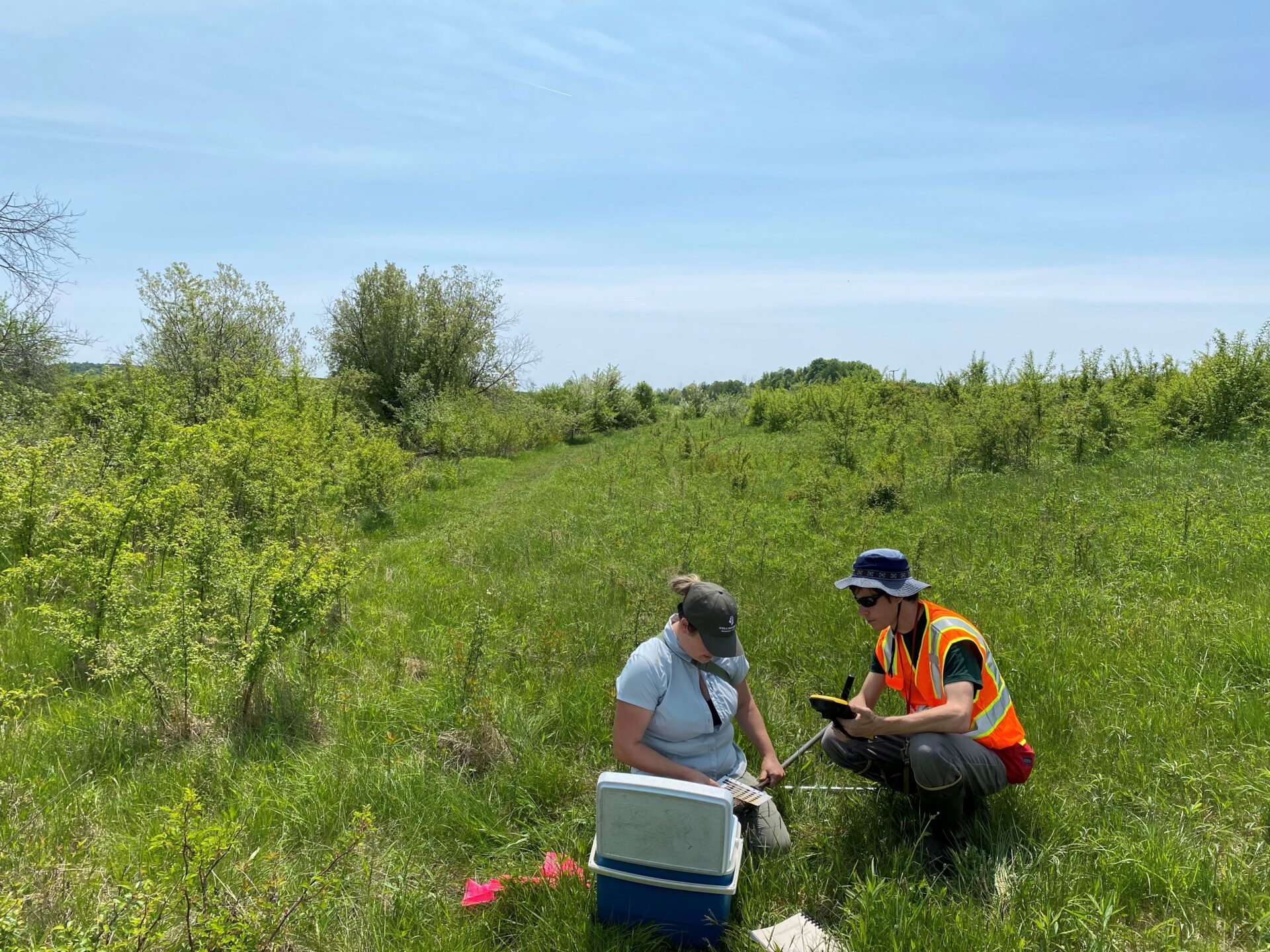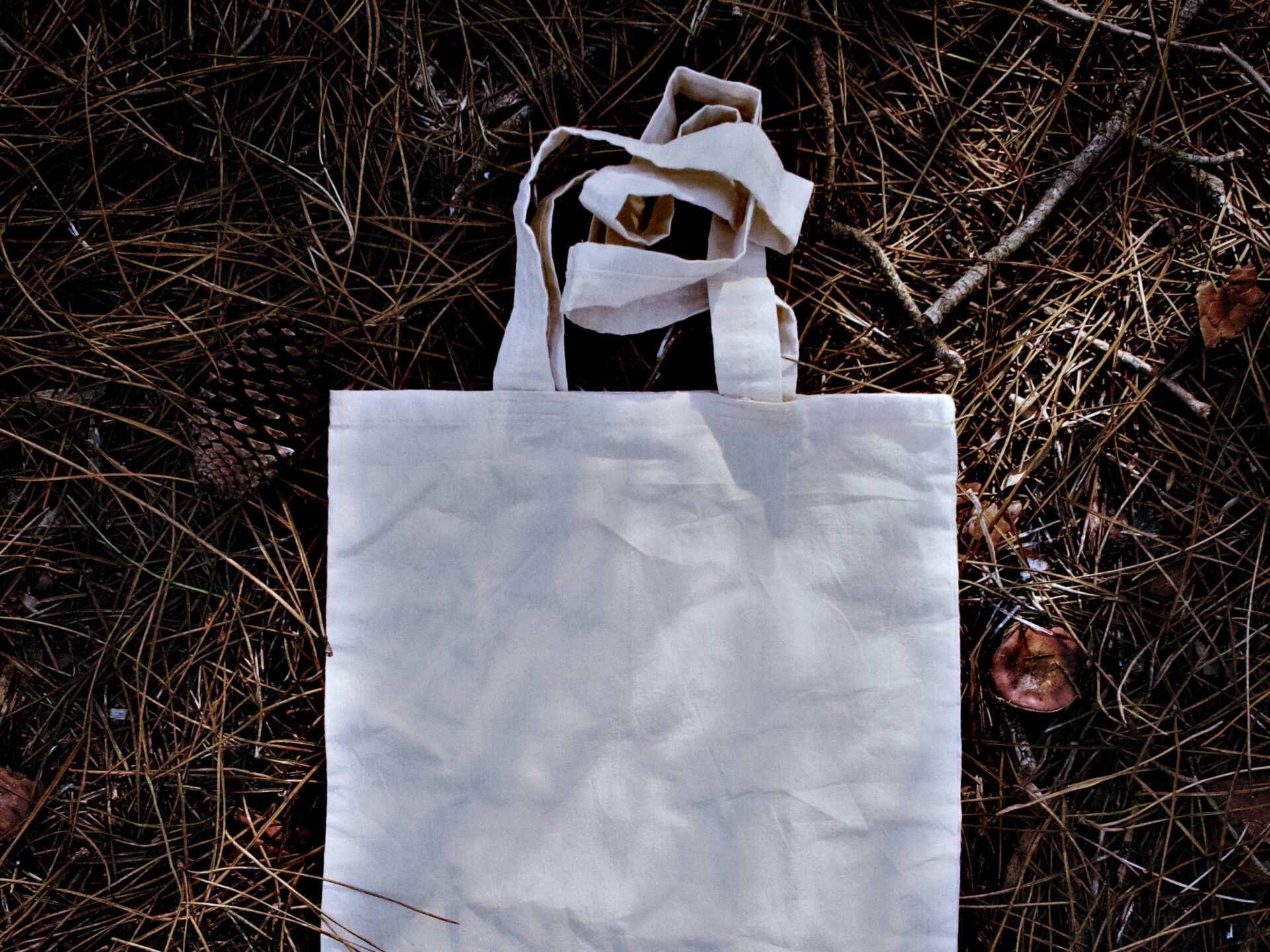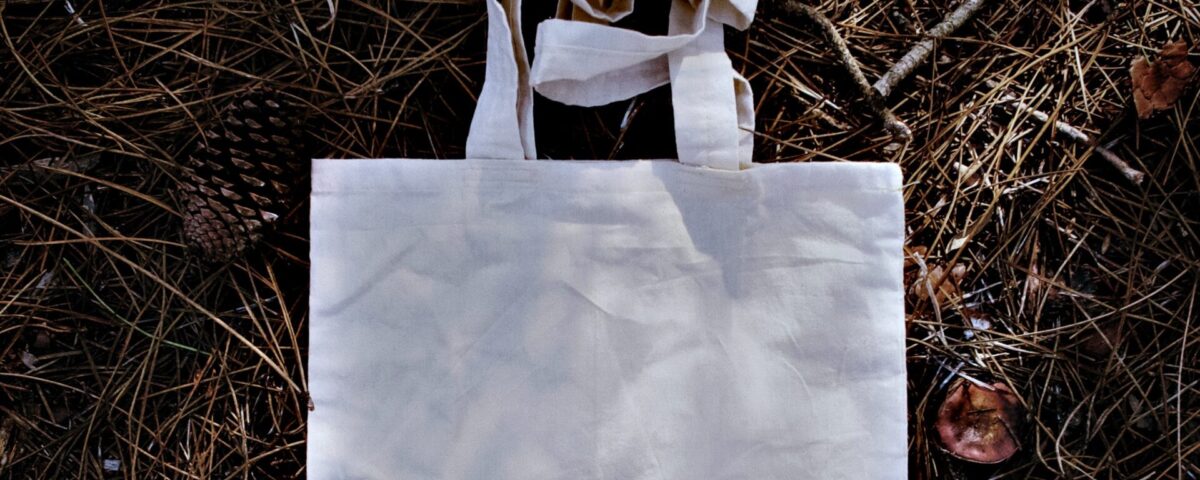
Creature Feature: Red Diamond Rattlesnake
July 17, 2023
Monday Announcement: Multiple Staff Promotions
July 24, 2023
Consider Your Plastics
Author: Liz Clift
By now, you’ve almost certainly heard people expressing concern about plastics and their impact on the environment. These concerns are well-founded. Plastic production increases year over year. In 2021, approximately 390 million tons of plastic were produced; an estimated 50% of that was for single-use plastics. That’s a lot of plastic and a lot of plastic waste, but you can be part of the solution.
Plastic Free July was started by the Plastic Free Foundation to help boost awareness about plastic waste, particularly from single-use plastics. The Plastic Free July website offers a variety of suggestions for changes people can make, regardless of where they’re at in their plastic-free journey. For people who are new to trying to reduce their plastic consumption, Plastic Free July encourages small but meaningful steps like bringing a reusable coffee cup or water bottle, refusing plastic straws, and bulk food shopping when that’s an option for you.
If you’re already doing that, moving toward a more plastic free lifestyle can also mean changes like:
- Not ordering things online (since these products often come in single-use plastic envelopes or cushioned by plastics) or only ordering online from retailers that have also committed to reducing plastic waste;
- Swapping out personal hygiene products for items that don’t use plastic;
- Purchasing fewer disposable products; and
- Avoiding cleaning products packaged in plastic.
Reducing your plastic consumption helps keep single use plastics out of landfills and waterways. Many single-use plastics are also hidden (such as in the lining of a disposable coffee cup or in the to-go box that looks like it should be compostable) or come to you without you requesting them at restaurants, grocery stores, mailers, and more. When a lot of people take steps to intentionally consume non-plastic alternatives, it can indicate to producers that people want more durable and/or sustainable options.
When you can’t avoid a single use plastic, or when you have a bunch stored up you’ve felt bad at throwing away, you might also consider ways those items could be upcycled or reused. Some creative ideas include:
- Crocheting plastic grocery bags into mats or reusable bags;
- Weaving plastic straws into coasters or incorporating them into kids crafts;
- Forming icicle decorations from plastic bottles;
- Fashioning roses from plastic bottles;
- Installing bottle cap murals; and
- Making candy wrapper totes and purses.
If you’re dreaming bigger, you can organize your workplace to reduce plastic use or figure out which groups in your area are working to reduce single-use plastic consumption and support their efforts. Working groups that are focused on policy changes can be especially impactful since policies can shift the habits of businesses you shop at and influence the products they stock. These policy shifts are important because it can be especially difficult for the average person to make responsible decisions without support or alternatives.
Since plastics are so ubiquitous, it is difficult to eliminate all plastics, or even single-use plastics, from your life. Of course, there’s only so much you can change—and only so much you should attempt to change at once. Making small changes now that you can sustain can make it easier to make other changes later, rather than trying to fully eliminate all your plastic use just this month or to have an all-or-nothing attitude about it. How much of a change you’re able to make will likely depend on a variety of socio-economic, accessibility, and health circumstances and that’s okay. The goal of Plastic Free July is to reduce plastic waste where you can, when you can, even if it’s small.

